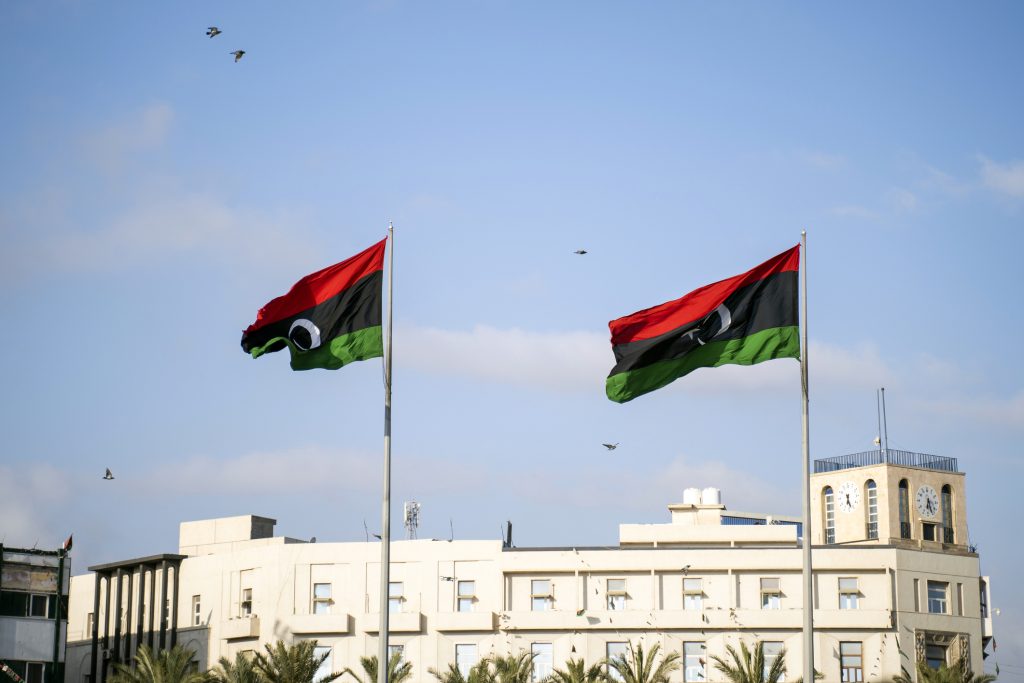For many young Libyans, Saturday marks a historic moment as they prepare to participate in municipal elections, a rare occurrence in the country since the fall of Moamer Kadhafi in 2011.
Libya, a vast nation of seven million people, has faced years of conflict and division following the NATO-backed uprising that ended four decades of Kadhafi’s rule. The country remains split between the UN-recognised government in Tripoli and a rival administration in the east led by military commander Khalifa Haftar.
The elections, covering 58 of Libya’s 142 municipalities, are the first in a decade to take place simultaneously in both eastern and western regions. Nearly 190,000 voters are registered to cast their ballots in areas participating in the polls.

In Misrata, campaign posters cover walls, urging citizens to make their voices heard. “Your voice builds your municipality,” reads one placard by the High National Election Commission, which has been promoting voter turnout.
Libya’s journey with democracy began in 2012 with its first free elections following the Arab Spring uprising. However, subsequent elections were disrupted by violence, including parliamentary polls in 2014, which saw a low turnout.
While municipal elections were held sporadically between 2019 and 2021, attempts to hold national presidential and parliamentary elections in 2021 were postponed indefinitely.
For many in Libya, this election is not just about governance but a step toward healing and unity in a country long plagued by division and conflict.


